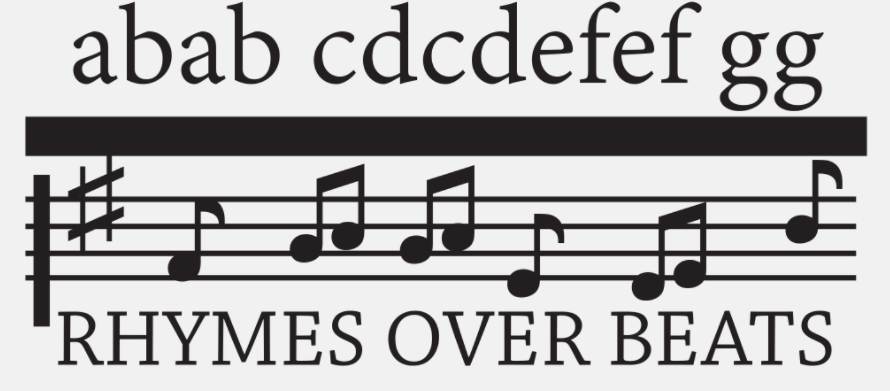One of the strategic goals of Rhymes Over Beats is to encourage past and future hip hop artists to write musical theater pieces rather than individual songs.
It is admittedly a selfish goal since it increases the amount of work we can produce, but it also helps the hip hop artist.
Do You Own Your Own Work?
The way it helps is that the tradition in the theater industry, unlike the music industry, is that the writer always maintains ownership of their creation, in all senses of ownership.
Ownership means that you are the only person who has the right to sell or rent the artistic work.
- Ownership means you are the only person allowed to profit from the sale or rental of the artistic work.
- Ownership means that if you rent something, you have the ultimate say in when, if, and how it is used.
In theater the writer always maintains control, because when someone (usually a producer or theater company) wants to use the material it is only rented to them by the writer. They never give up any ownership under any circumstance.
That’s why this blog is about Owning Your Work, or why you should stop writing individual songs.
Stop Writing Individual Songs?
Hear me out.
Say you have written a song and a famous singer wants to record it. In the music world, the writer owns, depending on the publishing deal they have, the words and music. The singer owns his performance of it. There are two different sets of copyrights.
However, if you write a musical and a famous actor wants to perform it, the actor owns nothing except the right to be paid a salary for their performance.
There is only one copyright – and it’s owned by the writer.
In Theater, the Writer is King
The writer also maintains control over when, if and how their work is used. The agreement a theater writer signs with a theater publisher is a conditional rental agreement. It’s not co-publishing. The only rights the publisher has are the ones granted by the writer, and those can be revoked at any time.
The only income a publisher makes from a writer’s work is when they arrange for it to be performed. The role of the publisher, in theater, is that of a commission-only sales person. Plenty of incentive to sell.
In the old days of vinyl, the music industry model may have made sense.
It no longer does.
If you are a writer, or know a writer please let them know about Rhymes Over Beats. Encourage them to create for us.
And for themselves.

